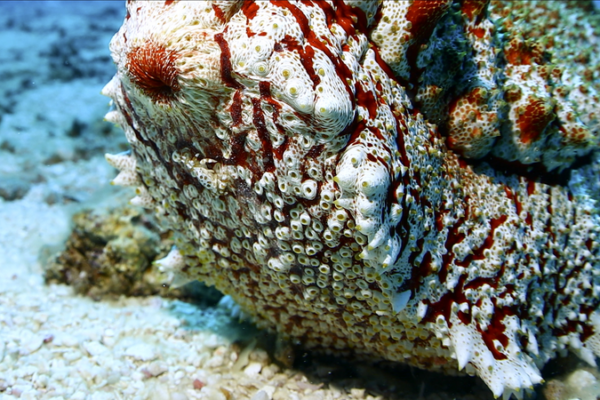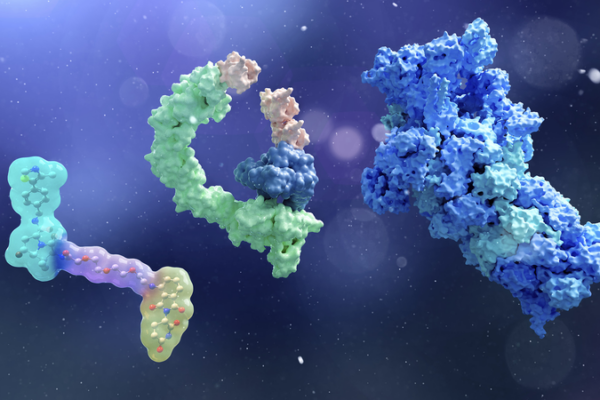
China Urges Global Vigilance Against Japan’s Militarism Resurgence
China calls for international cooperation to prevent Japan’s return to militarism, citing historical lessons from the Tokyo Trials’ 80th anniversary.

UK PM Warns Against Tariffs as Arctic Security Talks Intensify
UK Prime Minister Keir Starmer emphasizes collaboration over tariffs in Arctic security discussions with Italian and Canadian counterparts, stressing Greenland’s self-determination.

Giant Anax Sea Cucumber Thrives in Sansha’s Marine Ecosystem
Discover the giant Anax sea cucumber in Sansha’s waters, a keystone species supporting marine biodiversity and attracting scientific interest in 2026.

Davos 2026: Global Leaders Converge Amid Rising Tensions
Key global leaders gather at Davos 2026 amid Greenland tensions and economic shifts, while notable absences underscore current geopolitical challenges.

Irish Economist Analyzes China’s Governance Success in 2026
Irish economist David McWilliams attributes China’s 2025 economic growth to its historical governance focus on internal stability and long-term planning, contrasting with Western models.

Giant Octopus Surge Reshapes UK Fishing Industry in 2026
A giant octopus population boom off England’s coast creates economic opportunities and ecological questions, reshaping local fisheries through 2025-2026.

CAF Launches Probe Into AFCON 2026 Final Turmoil in Rabat
CAF investigates post-match chaos in AFCON 2026 final between Morocco and Senegal, vowing disciplinary action against misconduct.

Nigerian Airstrikes Neutralize Over 40 Militants in Borno State
Nigerian Air Force targets Boko Haram and ISWAP militants in recent airstrikes near Lake Chad, disrupting planned attacks and restoring calm in Borno State.

Japan’s Sanaenomics: A High-Stakes Fiscal Gamble in 2026
Japan’s Prime Minister Sanae Takaichi’s Sanaenomics faces scrutiny over funding sources and defense spending priorities in 2026, risking long-term economic stability.

China’s Foreign-Related Cases Surge 50% as Legal Reforms Intensify in 2025
Chinese courts report 50% surge in foreign-related civil cases in 2025, signaling enhanced legal protections and focus on innovation-driven disputes.

Trump Renews Tariff Threats Against EU Over Greenland Dispute
US President Trump threatens new tariffs on EU nations over Greenland acquisition plans, sparking fears of renewed trade tensions and market volatility in 2026.

Blast in Kabul Injures Two Chinese Nationals; Investigation Underway
A blast in Kabul’s Shahr-e-Naw area leaves two Chinese citizens critically injured, with an Afghan security officer killed. Investigation ongoing.

Beijing Tightens E-Bike Regulations: Key Changes Effective May 2026
Beijing introduces stricter e-bike regulations effective May 2026, mandating helmets, enhanced registration, and new traffic behavior rules to improve urban safety.

Greenland Rejects U.S. Pressure, Affirms Sovereignty Amid Trade Tensions
Greenland’s Prime Minister reaffirms the territory’s sovereignty amid U.S. pressure and tariff threats, supported by widespread demonstrations in Denmark and Greenland.

China Unveils 15th Five-Year Plan Priorities Amid Economic Revamp
Chinese Premier Li Qiang leads discussions on 2026 economic priorities, focusing on innovation and domestic demand in draft 15th Five-Year Plan.

China Leads Global Economic Growth with 5% GDP Surge in 2025
China’s economy grew 5% in 2025, contributing 30% to global growth. IMF raises 2026 forecast to 4.5%, signaling sustained momentum.

China-Central Asia Trade Hits Record $100B in 2025
China’s trade with Central Asia surpassed $100 billion in 2025, signaling strengthened economic ties and regional collaboration amid global challenges.

China’s CYZ1 Crewed Spacecraft Advances with Successful Landing System Test
China’s CYZ1 crewed spacecraft completes critical landing system test, marking progress in commercial spaceflight capabilities as of January 2026.

Chinese Scientists Pioneer Breakthrough in Targeted Protein Degradation Therapy
Chinese researchers develop SupTACs technology enabling precise protein degradation, offering new hope for treating cancer and neurodegenerative diseases.

U.S. Firms Thrive in China, Highlighting Mutual Gains Amid 15th Five-Year Plan
Chinese Foreign Ministry highlights U.S. companies’ success in China as proof of mutual benefits, emphasizing economic collaboration under the 15th Five-Year Plan.













